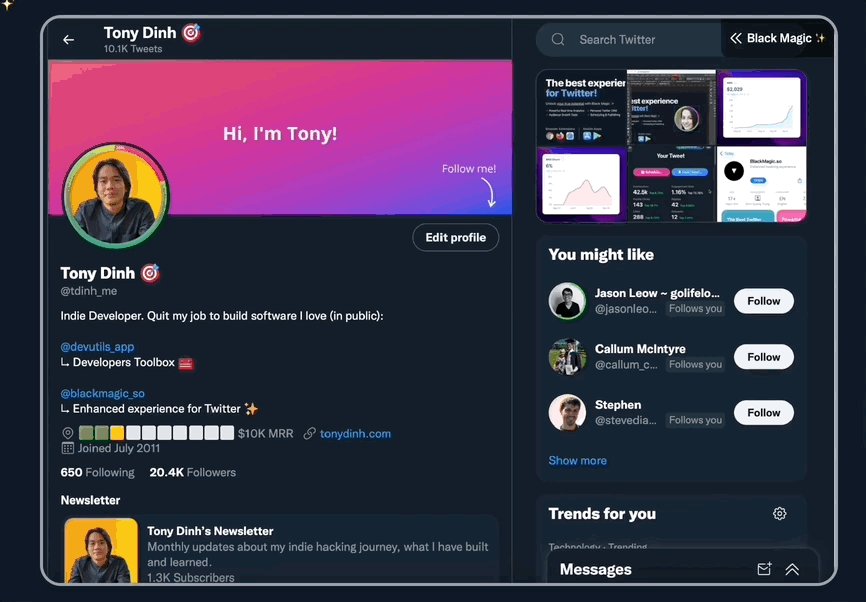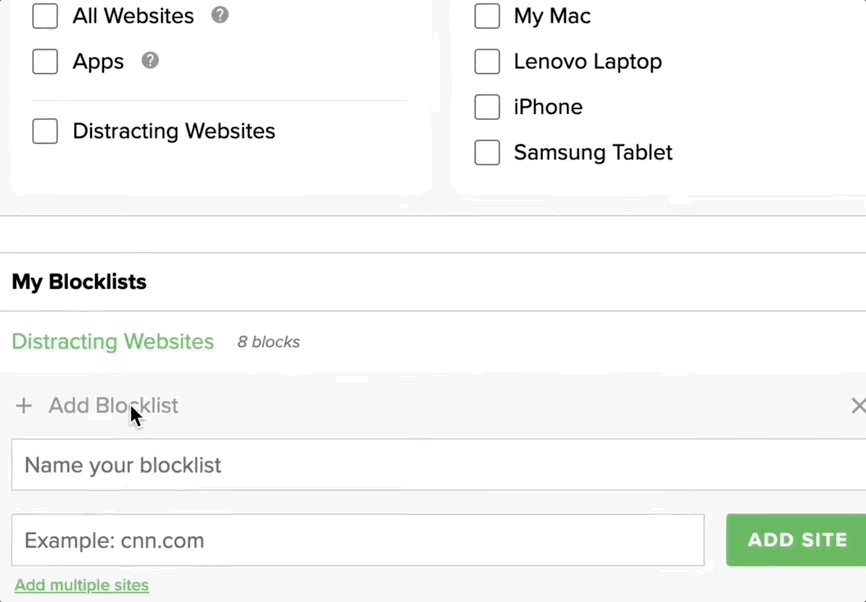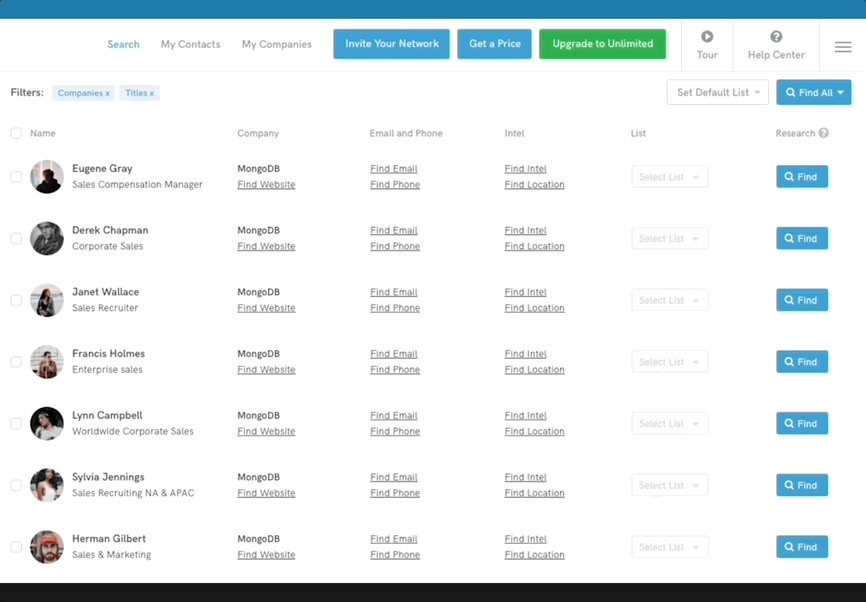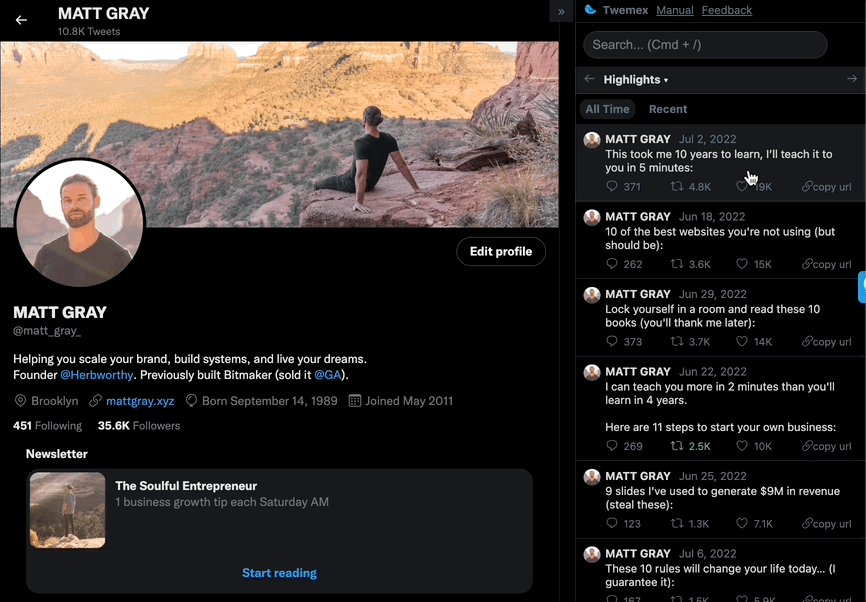My recommendation: Ask your friends/co-workers what you are an expert in.
2. Distill your value. By helping someone achieve massive clarity on X, what are they able to achieve?




THREAD: My 20s were full of ups and downs
— GREG ISENBERG (@gregisenberg) May 1, 2021
I lost millions, made millions and helped build some billion dollar startups
My biggest lessons learned:
De Beers literally created the global diamond industry.
— Sahil Bloom (@SahilBloom) January 26, 2022
It's a fascinating\u2014and controversial\u2014tale of psychological hacks, marketing campaigns, and market manipulation.
Here's a breakdown of the crazy story: pic.twitter.com/gvw8TCVHZD
THREAD: 10 significant lies you're told about the world.
— Julian Shapiro (@Julian) January 9, 2021
On startups, writing, and your career:
Hot take: Everyone is wrong about the Metaverse.
— Shaan Puri (@ShaanVP) October 29, 2021
here's my 3 part theory..
I'm increasingly interested in the idea of "personal moats" in the context of careers.
— Erik Torenberg (@eriktorenberg) November 22, 2018
Moats should be:
- Hard to learn and hard to do (but perhaps easier for you)
- Skills that are rare and valuable
- Legible
- Compounding over time
- Unique to your own talents & interests https://t.co/bB3k1YcH5b
People talk about \u201cpassive income\u201d a lot but not about \u201cpassive social capital\u201d or \u201cpassive networking\u201d or \u201cpassive knowledge gaining\u201d but that\u2019s what you can architect if you have a thing and it grows over time without intensive constant effort to sustain it
— Andrew Chen (@andrewchen) November 22, 2018
Things that look like moats but likely aren\u2019t or may fade:
— Erik Torenberg (@eriktorenberg) November 22, 2018
- Proprietary networks
- Being something other than one of the best at any tournament style-game
- Many "awards"
- Twitter followers or general reach without "respect"
- Anything that depends on information asymmetry https://t.co/abjxesVIh9